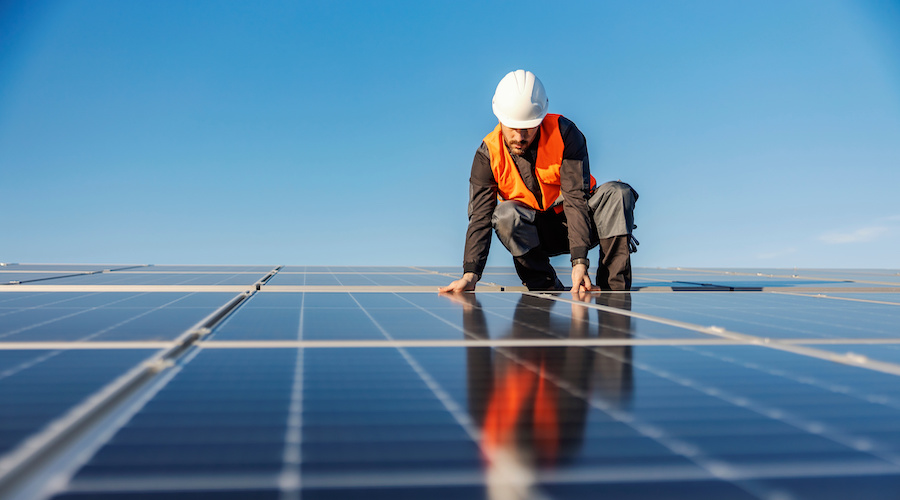
The mining industry faces “considerable challenges” meeting larger-than-expected demand for copper, nickel and other electric vehicle metals fueled by a US climate law, S&P Global said in a report on Tuesday, ahead of the legislation’s one-year anniversary.
The landmark US Inflation Reduction Act offers tax breaks for EVs, solar panels and other renewable energy products made from metals extracted in the United States or countries with US free trade deals. Metals from “foreign entities of concern” including China, Russia, North Korea and Iran will be banned in 2025. That has sparked a race among manufacturers to lock down supply.
Demand forecasts for various EV metals have increased 12% to 15% since US President Joe Biden signed the IRA last August, the report said.
“The energy transition is really heating up the pressures on mineral supplies, and the IRA is adding a lot to those challenges,” Dan Yergin, S&P Global’s vice chairman and a co-author of the report, said in an interview.
By 2035, demand for lithium, nickel and cobalt is expected to be 23 times higher than in 2021, with copper demand doubling over the same period, the study found. All of the metals are widely used in EVs and other electronics.
The report found that companies have launched at least $400 billion worth of new projects because of IRA-linked incentives, fueling billions of dollars of new minerals demand.
“The IRA is working as intended, as a magnet for investment,” said Yergin, the energy historian and host of the annual CERAWeek energy conference.
However, mine permitting issues are hampering the IRA’s aims, the report found. Only lithium is expected to be available to US industries in significant quantities due to rising Australian and Chilean supplies, it noted.
Nickel and cobalt supplies are unlikely to satisfy demand, the report found.
“Expediting reform, while making sure the environmental and community aspects remain an important part of the topic, has to be considered,” said S&P Global’s Mohsen Bonakdarpour, who co-wrote the report.
Recycling, the report found, is unlikely to provide enough raw metals over the next 10 years to match the expected growth in global demand.
S&P warned last year that efforts to reach carbon neutrality by 2050 – the central aim of the Paris Climate Accords often described as “net zero” – are likely to fall short as copper supply fails to match demand.
Washington is likely to expand minerals partnerships as it relies more on imports, the report found. One such deal was signed with Japan in March.
“The global trade in minerals will increasingly reflect the competition between the US and China, as well as Europe, for those supplies,” Yergin said. “Mineral supply is going to be increasingly entangled with geopolitics.”
(By Ernest Scheyder; Editing by Richard Chang)
No comments:
Post a Comment